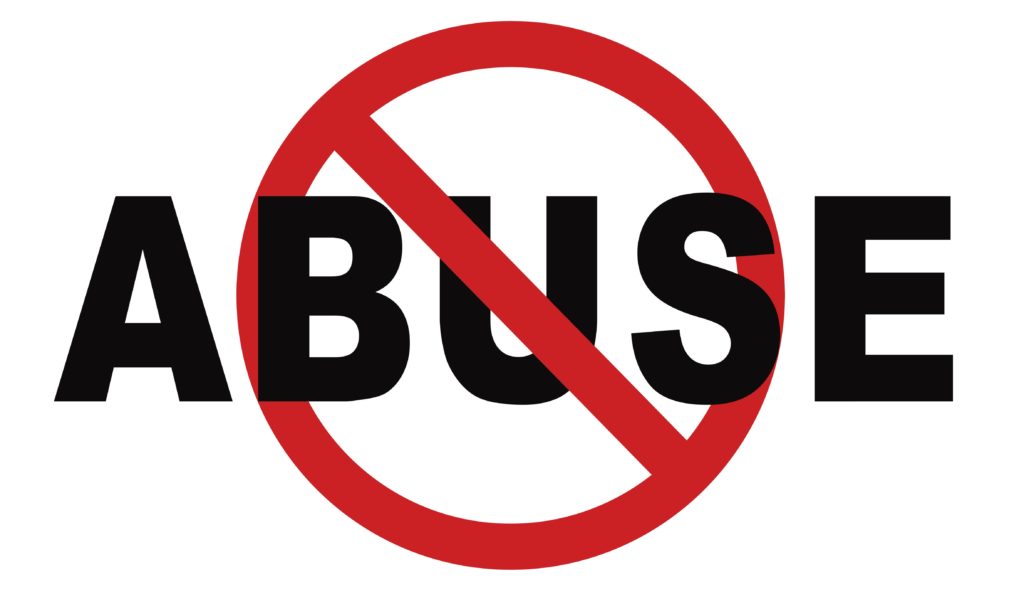With substance abuse stress is always a major concern, since drug and alcohol abuse is often a coping mechanism for people who feel stressed or overwhelmed by life’s challenges and are looking for a way to escape. Stress is an inevitable, and even natural, part of life. No matter how hard we try to avoid it we will still encounter it from time to time. Unfortunately, we don’t always know how to manage stress in a healthy way, and too many people turn to drugs and alcohol when they don’t have any other coping strategies.
On-the-Job Stress and Substance Use Disorders
For many people, work is one of the primary causes of stress in their lives. Some jobs are inherently stressful (i.e., firefighter, police officer, emergency room physician, air traffic controller), but any type of work can potentially be a source of stress. In addition to jobs where the health and safety of others are at stake, low-paying jobs, those with demanding bosses and those that lack security or benefits can put great stress on workers, to the point that anxiety may become a constant companion. Having an anxiety disorder doubles the likelihood of a worker eventually developing a substance use disorder, which shows how vital it is for those experiencing significant stress to seek help before it is too late.
Substance Abuse, Stress and PTSD
While stress can damage anyone’s health, people with a past history of trauma are profoundly affected by stressful events. The problem is especially acute when post-traumatic stress disorder (PTSD) develops, as it often does following direct or indirect exposure to chronic abuse, violent assault, deadly accidents, combat experiences, serious illness, natural disasters and any other event that causes deep emotional scarring. The connection between PTSD and substance use disorders is a strong one, and that is particularly true for people victimized during childhood or adolescence. Approximately one in four Americans will be exposed to abuse or gut-wrenching loss during childhood, and about 60% who develop PTSD as a result of these experiences will develop a substance use disorder at some point in their lives. As a trigger for substance abuse, stress has few peers. Ultimately, it is a lack of healthy coping skills that leaves stress sufferers vulnerable to drugs and alcohol. Treatment programs at rehab centers teach recovering addicts and alcoholics how to cope with life’s difficulties without turning to drugs and alcohol. They also frequently offer classes in mind-body techniques like meditation and yoga, which have tremendous value for stress relief and can deliver benefits for a lifetime. Meanwhile, those with co-occurring addiction and PTSD can heal and recover with the help of integrated treatment regimens that address all aspects of their diagnosis. Drugs and alcohol are poor substitutes for underdeveloped coping skills. Anyone experiencing the ravages of chronic stress should seek help and investigate any and all possible solutions to the problem before they follow the path of “self-medicating” with drugs and alcohol. Sources National Institute on Drug Abuse: NIDA Community Drug Alert Bulletin: Stress and Substance Abuse https://archives.drugabuse.gov/StressAlert/stressalert.html The National Child Traumatic Stress Network: Making the Connection: Trauma and Substance Abuse https://www.nctsn.org/sites/default/files/assets/pdfs/SAToolkit_1.pdf






